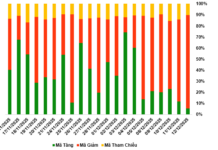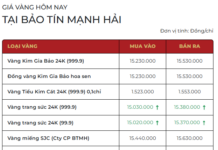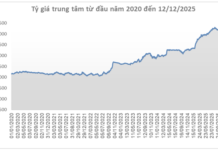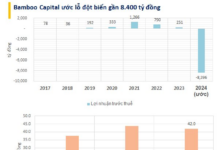
Minister Đỗ Đức Duy chairs the meeting to finalize the Decree on administrative sanctions for land-related violations.
The Ministry of Natural Resources and Environment held a meeting to finalize the Decree on administrative sanctions for land-related violations. The meeting was chaired by Đỗ Đức Duy, Member of the Party Central Committee and Minister of Natural Resources and Environment.
Some shortcomings remain
At the meeting, Ms. Đoàn Thị Thanh Mỹ, Director of the Land Department, reported that the 2024 Land Law introduced several breakthrough provisions, including enhanced inspection and handling of land-related violations.
The 2024 Land Law and its guiding decrees have supplemented numerous provisions requiring organizations and individuals to efficiently and economically manage and utilize land. However, some violations, penalties, and penalty levels are no longer applicable and need to be amended to match the current situation and ensure feasibility.
Ms. Mỹ acknowledged that while the administrative sanction provisions for land-related violations have yielded certain results in deterring violations, some shortcomings persist. These include lenient penalties that lack deterrence, the complexity of historical land management and utilization, and the difficulty in detecting and addressing past violations, especially those that occurred before October 15, 1993 (over 30 years ago). The statute of limitations for such cases has expired. Additionally, some remedial measures are impractical, and certain concepts, terms, and specific violations in the previous Decree No. 91/2019/NĐ-CP were unclear, making it challenging to identify and address land-related violations in practice.
Retaining 4 chapters and reducing 8 articles compared to Decree No. 91/2019/NĐ-CP
Notably, the 2024 Land Law introduces several innovations compared to the 2013 version. It allows for the issuance of certificates for cases without proper paperwork but with stable land use before July 1, 2014, including handwritten sales contracts. Additionally, using land for purposes other than the permitted ones is no longer prohibited and is allowed for multiple purposes in specific cases (Article 218 of the 2024 Land Law). The conditions for transferring agricultural land use rights have also been relaxed regarding objects and limits.
Accordingly, the draft Decree on administrative sanctions for land-related violations comprises 4 chapters and 36 articles. It retains the 4 chapters and reduces 8 articles compared to Decree No. 91/2019/NĐ-CP. The issuance of this Decree is necessary and timely to meet the practical needs of the current stage.
During the meeting, Minister Đỗ Đức Duy, along with Vice Minister Nguyễn Thị Phương Hoa and leaders of specialized agencies, discussed, analyzed, and refined the contents of the Decree, including violations, penalties, remedial measures, sanctioning authority, and implementing provisions.
Promptly address violations to prevent the legalization of land-related infractions
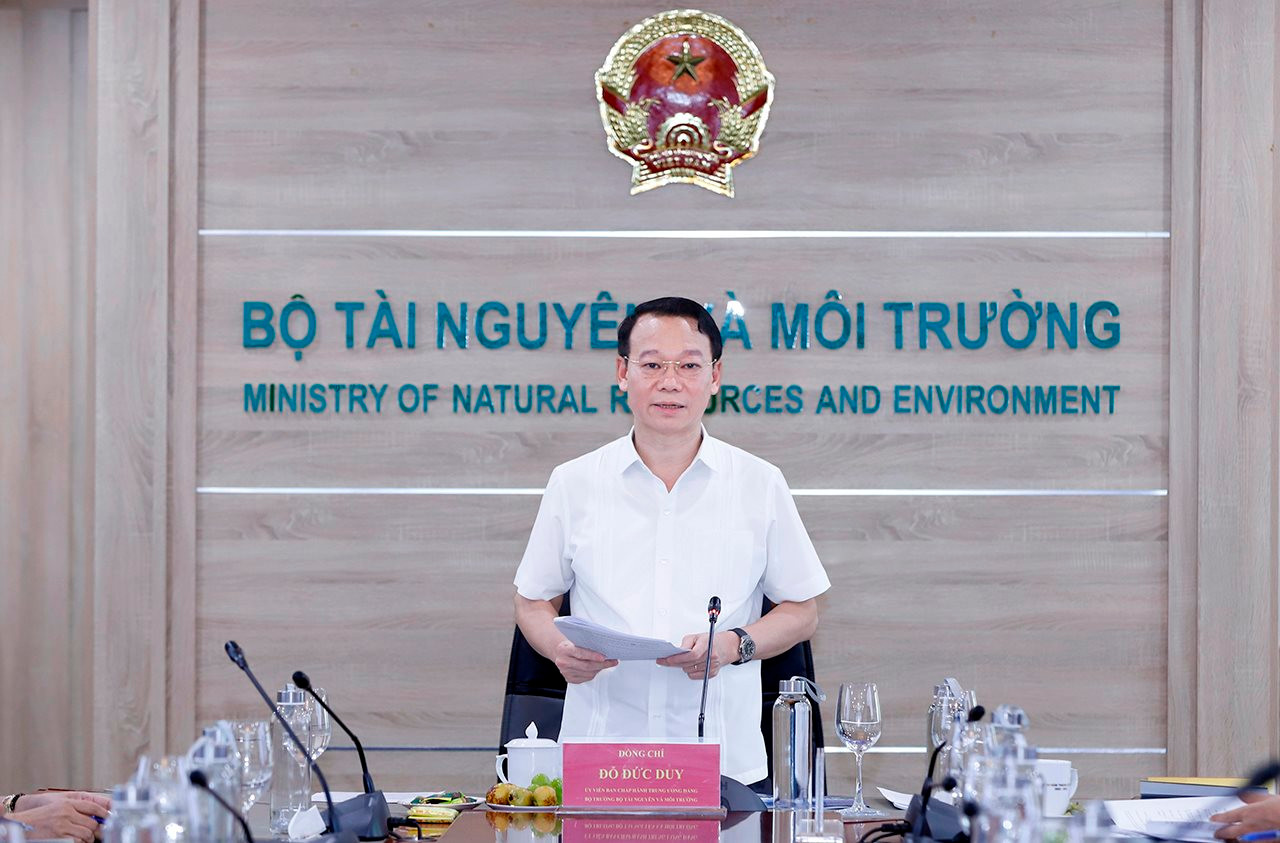
Minister Đỗ Đức Duy concludes the meeting.
The Minister requested that the drafting agency closely follow the regulations and provide detailed descriptions of violations, penalties, and remedial measures that align with the 2024 Land Law, the Law on Handling of Administrative Violations, and the Law on Inspection.
He emphasized the importance of ensuring consistency, harmony, and unity between land laws and other relevant legal provisions, maintaining the stability of the land law system, and amending provisions that are impractical.
Additionally, Minister Đỗ Đức Duy suggested that the drafting agency propose penalty levels and sanctioning authority with a proactive approach to prevent land-related violations. He emphasized the need to promptly address violations to prevent the legalization of infractions and proposed a combination of decentralization and control mechanisms for land management authorities and competent individuals.
Deputy Minister of Natural Resources: There will be 9 decrees implementing the provisions of the Land Law.
Deputy Minister of Natural Resources and Environment (TN&MT) Le Minh Ngan has revealed that there are expected to be 9 decrees issued to specify the details of the Land Law (amended).
Why businesses aren’t thrilled about paying annual rent?
According to the recently passed Land Law amendment, businesses that lease land on a lump sum basis can now switch to annual lease payment, but they are not enthusiastic about this regulation.




